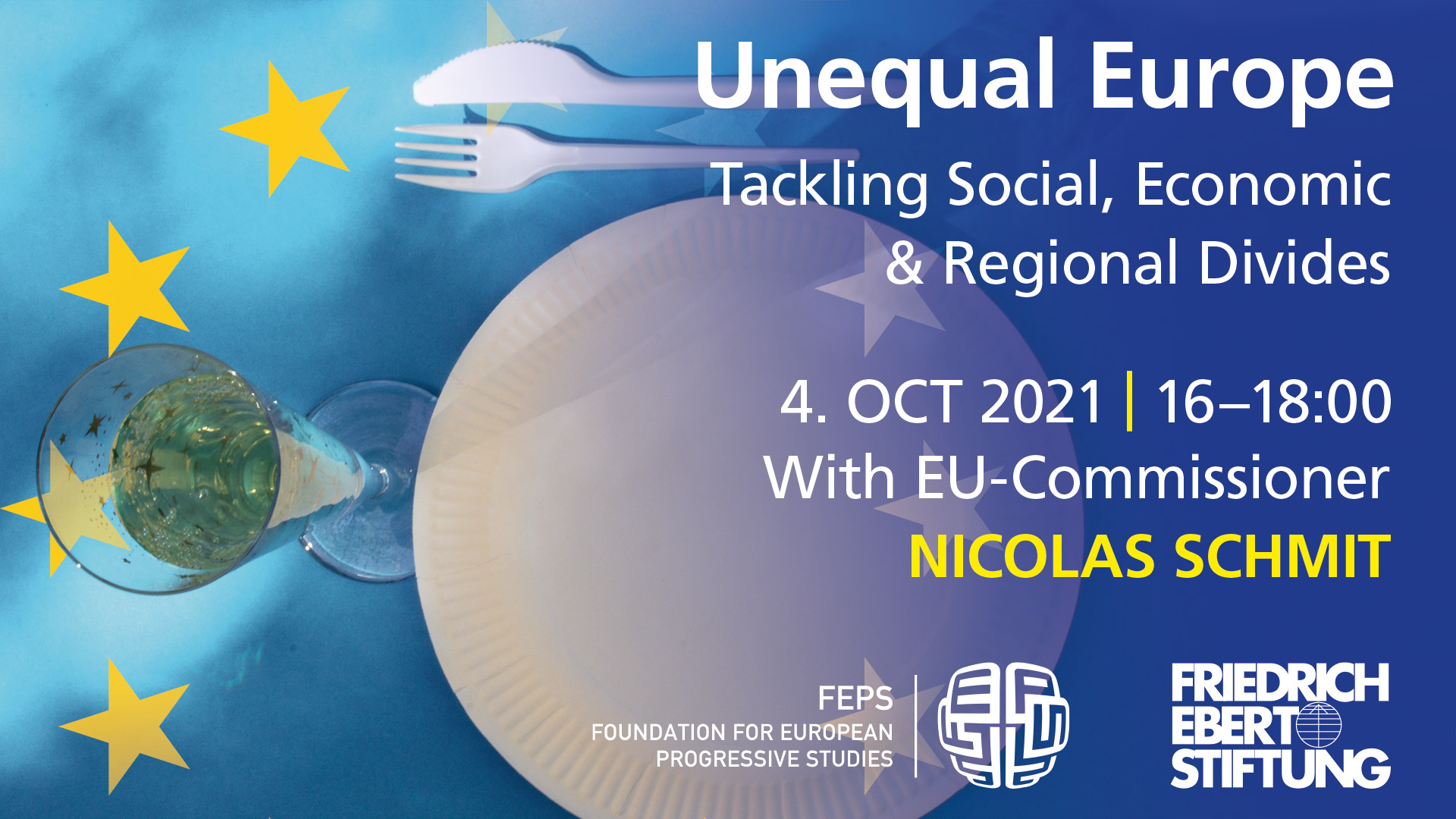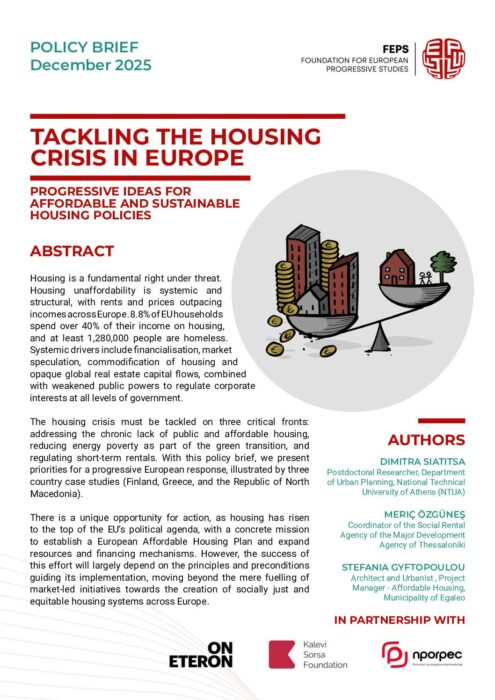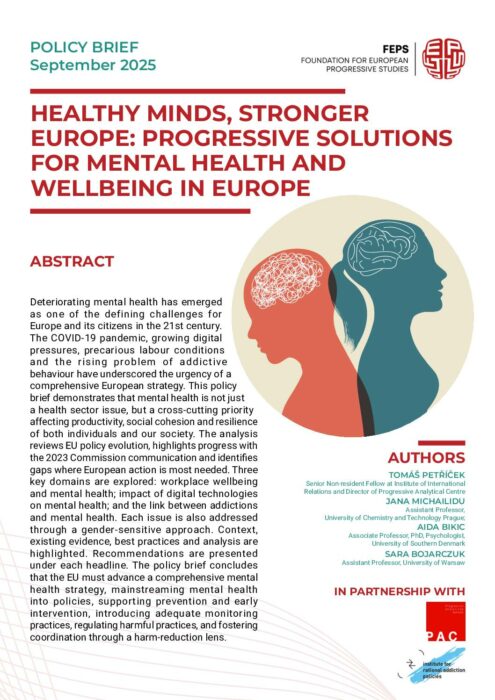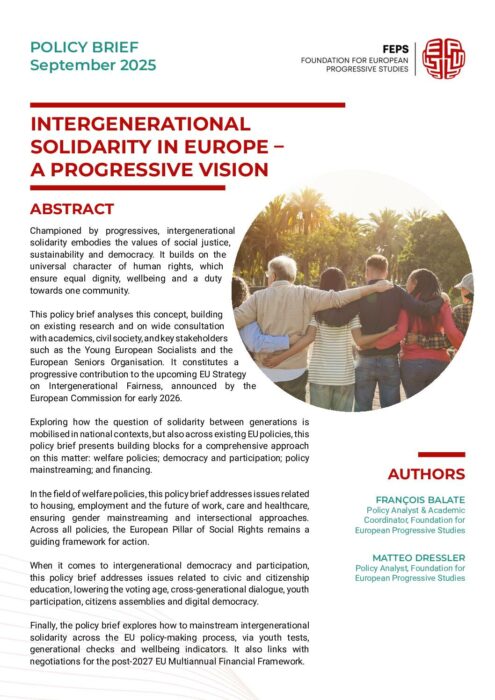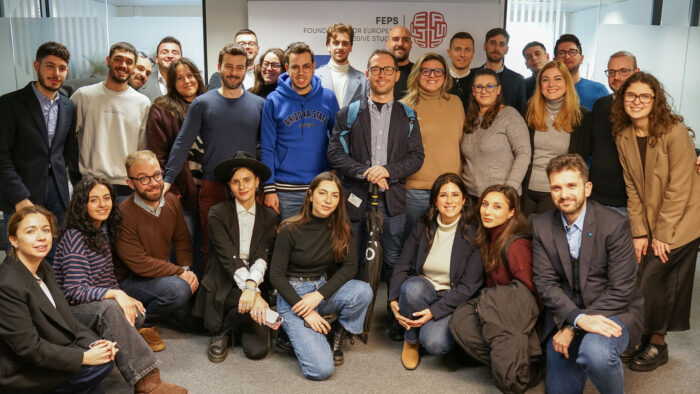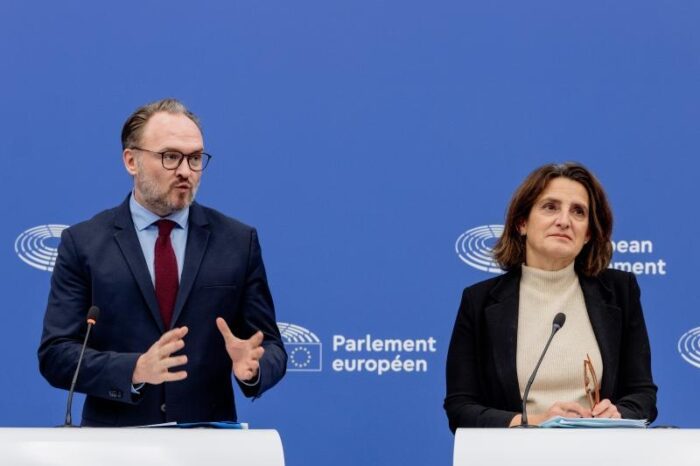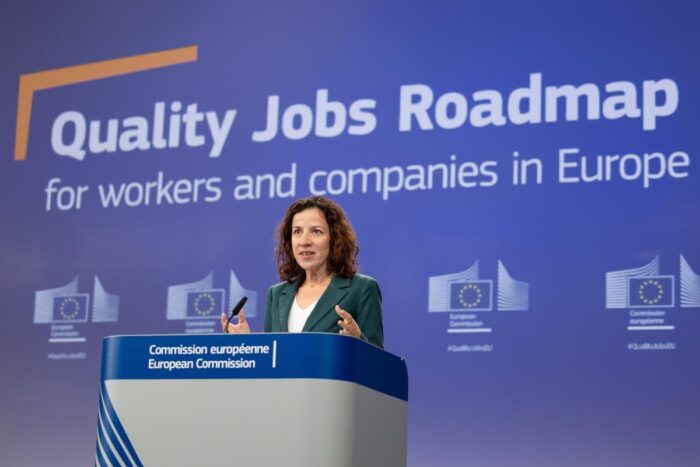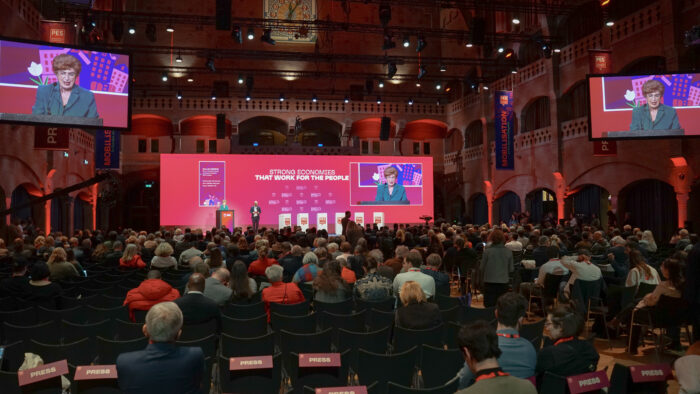Network
Find all related publications
Publications
Find all related events
Events
Upcoming
Past
Find all related Audiovisual
Audiovisual
27/10/2025
Find all related news
News
Find all related in the media
In the media
España los forma, Europa los contrata: así es el mapa de la nueva fuga de cerebros
by El Confidencial 10/02/2026
Liberal democracy’s social, societal fabric under threat – Live from the EPC Annual Conference 2025
by EPC 08/12/2025
Von der Leyen promised an EU commissioner to tackle the housing crisis – what would be their remit?
by Euronews 13/08/2024

